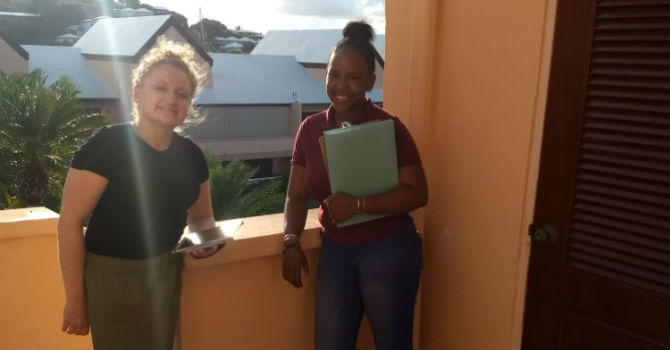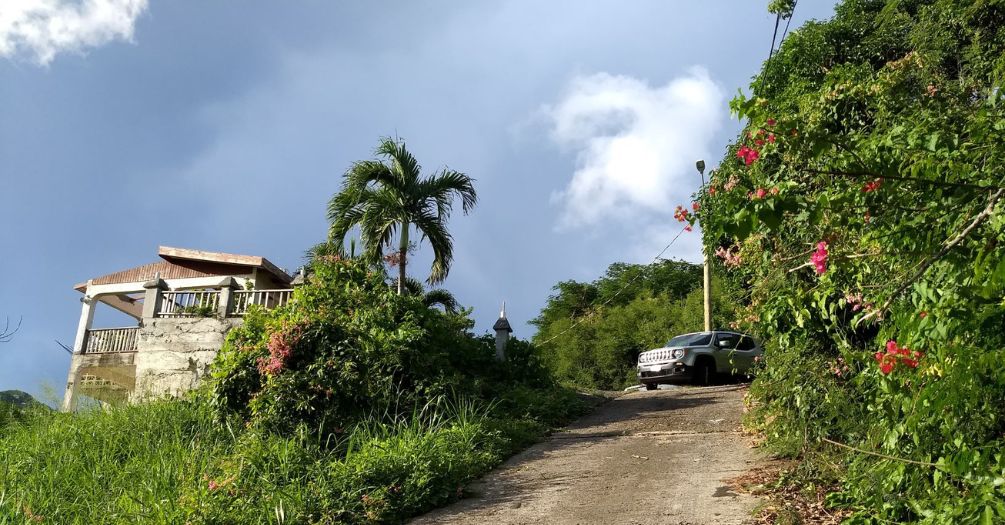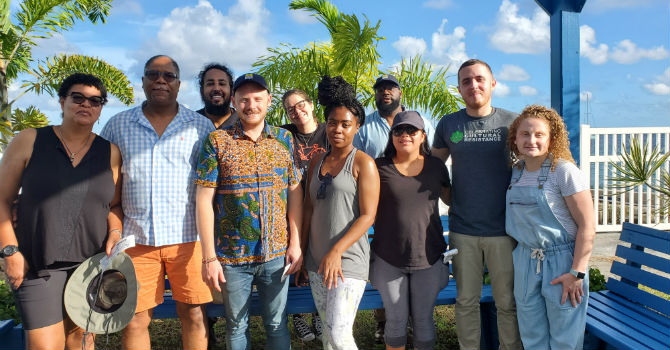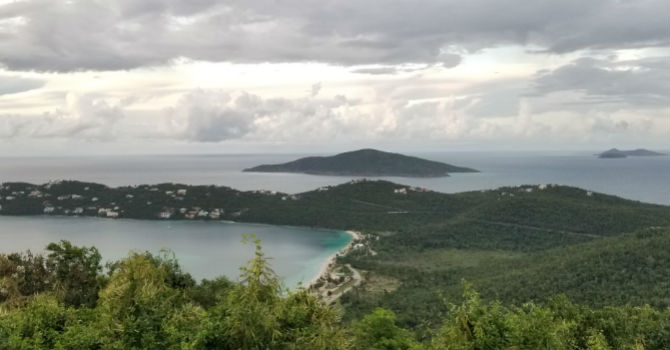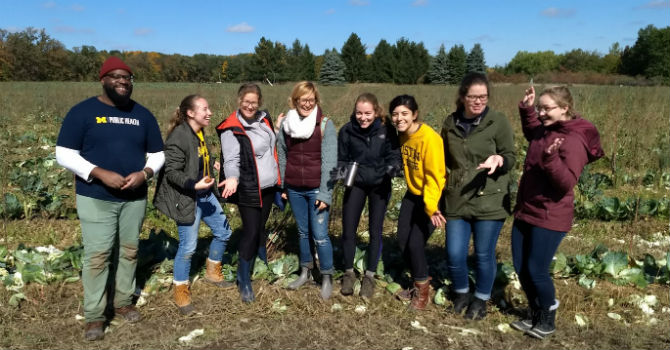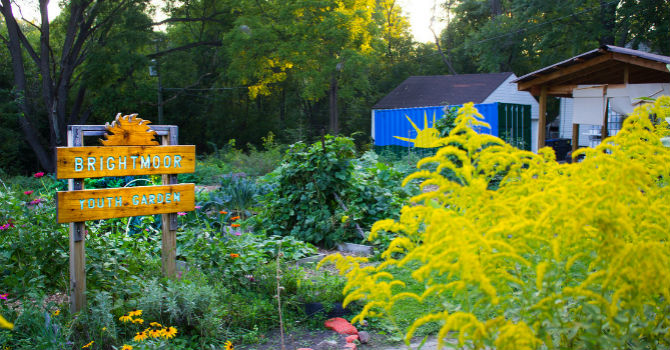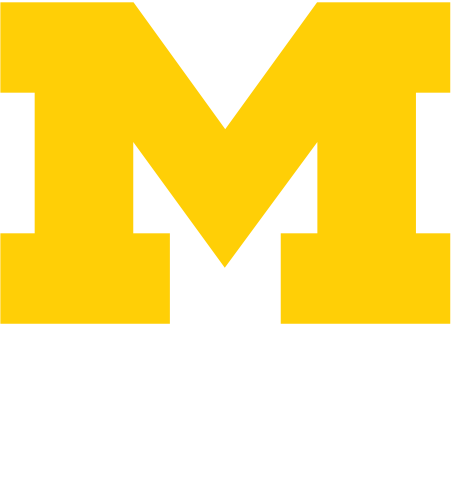Challenges and Prospects: Disasters, Climate Change, and Public Health
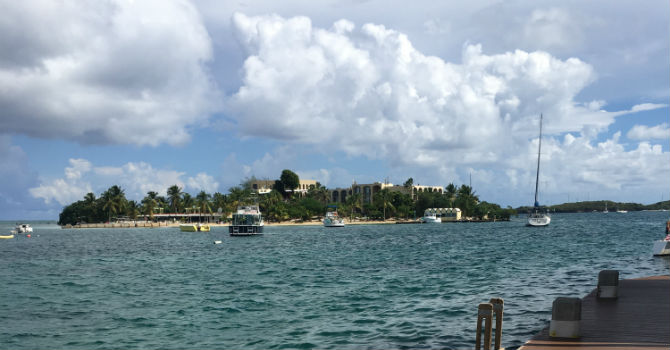
Mislael A. Valentín-Cortés, HBHE Student
December 10, 2019, Community Partnership, Disaster Relief, Practice
This past week I partook in a deployment with PHAST to conduct a territory-wide CASPER assessment to understand the progress of ongoing post-disaster recovery efforts and population health impacts of Hurricane’s Irma and Maria in the U.S. Virgin Islands. While I come from the Caribbean myself and have worked in disaster research and practice, this experience challenged my worldview, required the use of diverse public health and community engagement skills, and raised important concerns about our discipline’s role in disasters and emerging health threats.
As public health seeks to address historical inequities among populations that face stark disparities in health outcomes, social injustice, and lack of access to resources, we must recognize that in engaging in this work we face significant hurdles. From community-based participatory research literature, we know that interventions are more effective when they involve people from the communities that we want to help, but this also requires deep reflection to understand our role in this process.
Through the CASPER methodology, members of our team found support from community partners to navigate this new context geographically and socially. While we benefited greatly from their support and this allowed us to understand the underlying social context of the USVI and challenges faced, it also made me reflect on my privilege and involvement in this project. Why should I be taking up space in this assessment process when there’s other capable leaders from the community who could be doing the same thing?
As someone who comes from another U.S. territory in the Caribbean which faces similar sociopolitical challenges amidst disaster recovery, this inquiry is particularly challenging since it reflects my personal experience. However, making this connection proved to be vital to understand the value of our efforts given the imperative need for manpower, expertise, and interdisciplinary collaboration in the face of seemingly unsurmountable challenges. When disasters, catastrophes, and public health emergencies affect communities, they prove to be resilient, but their resources are scarce, and their people are shaken and in need of support.
This was evident throughout our interviewing and data collection process. Although our questionnaire was designed for 15-20 minutes, interviews generally took longer because people were eager to share their experience with such a traumatic and disruptive event. While the main purpose was to collect data in order to inform ongoing recovery efforts, we were also addressing a different community need; the need to be heard and supported in times of adversity. Nonetheless, this also highlights the limitations of the data that we use to inform our interventions and raises the question about how we can use the experiences we have that aren’t captured in data to better serve communities in need.
With our planet facing a climate crisis and public health just begins to understand the complexities of how this is affecting diverse populations, we have the responsibility to reflect on our role as researchers, practitioners, and citizens. How do we support communities and mitigate the effects of a changing climate on health outcomes? What are the limitations of our work and how can we work effectively to better serve communities in the face of emerging public health threats and new challenges?
Although the threats and challenges we face appear to be great, I’m encouraged on our ability to address these concerns by the results of our project and our collaboration, community resilience when facing adversity, and public health’s commitment to equity.

